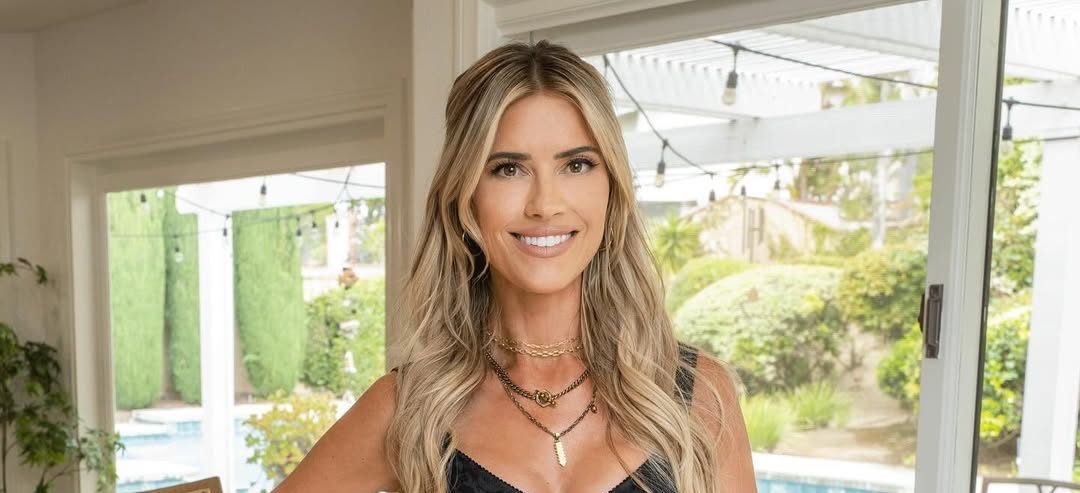Before delving into other issues in this piece, explaining full custody and visitation agreements is crucial as it will help you fully grasp the discourse. Family law judges usually prioritize the involvement of the two parents in a child's life. That is why they often work toward ensuring shared custody for the parents. While this goal is commendable, it can only realistically work out like that in some circumstances. That is why judges sometimes grant a parent primary physical custody while the other enjoys visitation rights. The custodial parent is the parent with the physical custody of the children, while the one with the visitation rights is the non-custodial parent. Primary custody arrangements and joint custody agreements with visitation are flexible. No matter the agreement a judge awards, the ultimate aim is to ensure the two parents spend quality time with their kids.
The court usually allows the parents to decide the schedule in joint custody. This allows parents to blend their work schedules perfectly and distance themselves from their children's academics and other activities. The parents must prioritize the children's well-being when deciding on scheduling. Similarly, primary or sole custody agreements are flexible. The judge will ask you and your estranged partner to set a visitation schedule that works for your activities and the kids' engagements. For instance, the children may visit the non-custodial parent every weekend, during special events, or during particular holidays and events. The court often encourages parental collaboration and urges them to be flexible for the children's sake.
Understanding Fixed Visitation Agreements
Sometimes, it is advantageous to have the judge itemize the agreement, as the parents will rely on that to create their schedule for the overall well-being of the children. A family law attorney, Matt Towson, can help ensure that the family court system prefers this outcome.
Unfortunately, in some cases, parents still struggle to agree on when they should spend time with their kids. In this circumstance, the judge will order a fixed visitation plan. In this system, parents must follow a particular schedule without flexibility.
Sometimes, if a parent seems incompetent in catering to the kids or may negatively influence them, the court still grants them parental visitation under a third party's supervision. The third party may be a therapist, child services worker, or counselor. These visits allow the parent to spend time with the kids without jeopardizing their well-being.
The Considerations for Child Visitation and Custody Orders
The court has the ultimate say on the children's custody arrangement and visitation schedule. They will consider several factors before making an order, including:
- Testimony of the parties involved
- Statement of the kids
- The criminal history of the parents
- The parent currently acting as the primary custodian
- Case study of child visitation time
- Testimony from counselors, child services workers, or therapists involved
The judge often awards the mother primary custody. At the same time, the father enjoys visitation rights in a typical child custody issue where the parents cannot decide the parenting plan by themselves. Several states adopt this model in granting the father visitation time. For instance, they may award the father one-fifth of the parenting time.
The court may schedule the time differently based on the parents' peculiarities and the children’s academic and other engagements.
How to Adjust a Visitation Agreement
Parties can adjust a visitation agreement. If you and your estranged partner created your parenting plan independently, you do not have to involve a family court judge in every minor change to the plan. However, if a family court formulated the visitation agreement, you must present every modification to the judge for approval.
The five circumstances where a judge can approve modifications to a visitation agreement include:
- Changes to a parent’s work schedule
- Relocation of one parent
- Breach of the child visitation agreement by a parent
- Failure to attend the visits
- Either blocking the visitation from happening
A third party will demand the custody of the kids in question in a child custody or divorce matter. Generally, the judge will consider this request if they currently have the children’s custody or if the two parents are unfit to take care of them.
However, some states operate the "parental rights doctrine," which makes it challenging for third parties to have child custody. According to this doctrine, biological parents have the dominant right to have custody of their children. Hence, a judge will consider their request more seriously than a third party wrestling the custody with them.
Dissecting Parental Rights and Roles
The courts often recommend parents agree on their custodial rights and roles. If you find it challenging to agree with your spouse, the courts can help you. For example, your state divorce laws may require you to attend court-paid lessons to learn of the effect of divorce on your kids.
Further, the court may order you to attend child custody mediation classes for professionals to help you resolve gray areas. This is a way of clearing all impediments to an amicable resolution.
However, despite all these interventions, the court will impose an order on you if you still fail to reach a consensus with your spouse. The child's best interest will be the guiding principle of the judge in deciding child custody and parenting time. Their pronouncements must protect the children’s well-being.
The court often appoints a guardian ad litem, or lawyer, to represent the kid in a custody case. The courts consider several factors before granting custody. For instance, the judge may consider the parents' ability to reach a consensus, cooperate, and communicate on child-related issues. Further, they will consider the child's relationship with the parents and other family members, the child's safety from physical abuse, and their preference if the child is of age and can make informed decisions.
When to Involve an Attorney
If you are considering divorce as a parent, involving a local family law attorney from the inception is pertinent. It may be too late to involve a lawyer after making some fatal mistakes. The lawyer will guide you through the visitation laws of your jurisdiction and how you can explore them favorably.
A child visitation lawyer will protect your interests and work hard to prevent your partner from shortchanging you.
Conclusion
Child visitation and custody agreements aim to ensure the best for your children during and after a divorce. Whether it's shared custody, one parent having primary custody with visitation, or a fixed schedule, the focus is on the kids' well-being. If parents can't agree, the court sets the rules. Getting a family law attorney early on can help make sure everything is fair for parents and children.




















